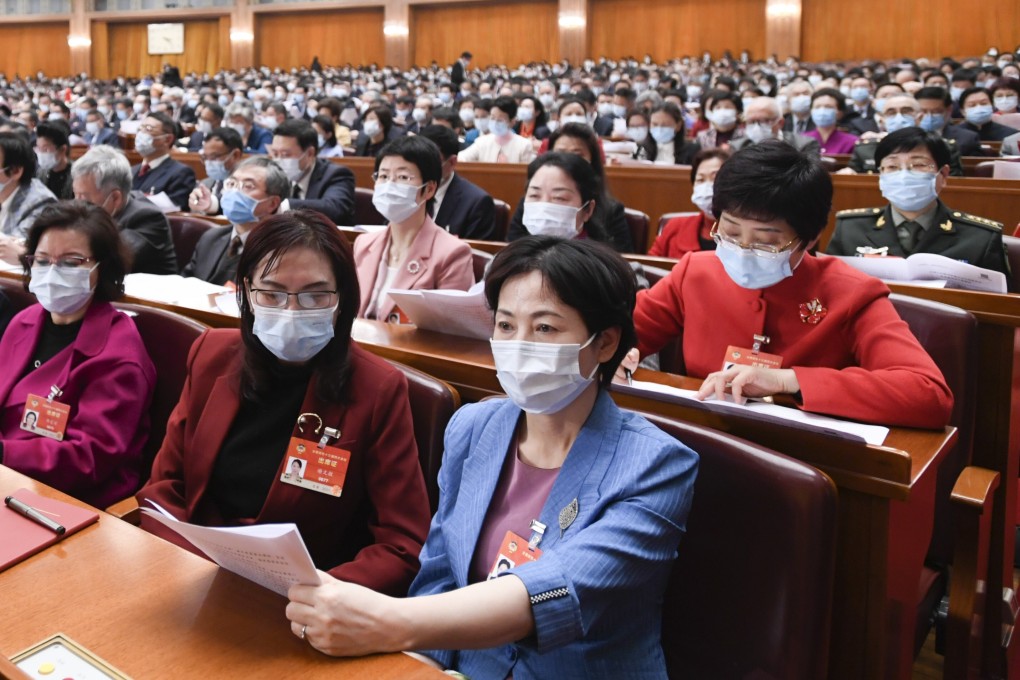Editorial | Reform of retirement policy is time-critical
- China’s rapidly ageing population means action is needed sooner rather than later as the country aims to adjust the retirement age for all to 65

The one-child policy accelerated China’s development. But the dividend of a low birth rate – a bigger workforce and more savings – came at the price of premature ageing of the population. As a result, retirement planning has overtaken family planning in little more than a generation. Policy debate on a complex issue began long ago.
It includes the idea of extending the retirement age from 60 to 65, a structural reform that would need to be introduced incrementally.
Reform should begin sooner rather than later. This would not only take account of longer life expectancy, but it would also buy time for the National Pension Fund to adjust to a fast-growing clientele.
As things stand, the fund will probably run out of money by 2035 as the population rapidly ages. A document issued by the Communist Party Central Committee in November confirmed that the government would put a retirement-age policy proposal into action soon.

05:41
Why China's elderly farmers can't afford to retire
Any reform of retirement policy is a big enough agenda. But it is far from simple. The retirement age is not universal. For women blue-collar workers, it is 50, and for others 55, instead of 60, creating several issues.
